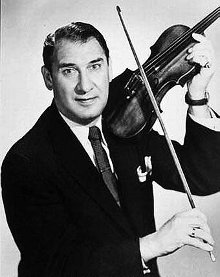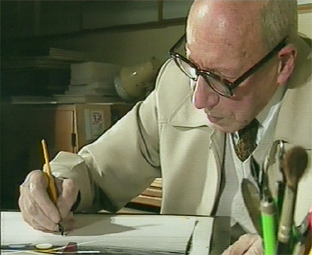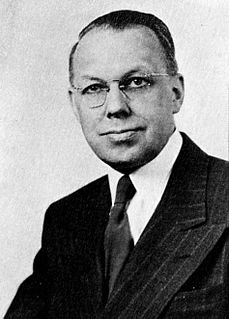A Quote by Groucho Marx
No man goes before his time - unless the boss leaves early.
Related Quotes
A good man likes a hard boss. I don't mean a nagging boss or a grouchy boss. I mean a boss who insists on things being done right and on time; a boss who is watching things closely enough so that he knows a good job from a poor one. Nothing is more discouraging to a good man than a boss who is not on the job, and who does not know whether things are going well or badly.
A man goes to a barbershop and asks, How many ahead of me? Five. The man leaves. He comes back the next day and asks, How many ahead of me? Four. The man leaves. He comes back the next day and asks, How many ahead of me? Six. The man leaves, and the barber says to another, Follow that man! The man comes back and says, He goes to your house!
But who does not see that the work goes beyond the one who created it? It marches before him and he will never again be able to catch up with it, it soon leaves his orbit, it will soon belong to another, since he, more quickly than his work, changes and becomes deformed, since before his work dies, he dies.
A young man before he leaves the shelter of his father's house, and the guard of a tutor, should be fortify'd with resolution, and made acquainted with men, to secure his virtues, lest he should be led into some ruinous course, or fatal precipice, before he is sufficiently acquainted with the dangers of conversation, and his steadiness enough not to yield to every temptation.
One of the great reasons, I am sure, why [David O.] McKay has lived to such a good, ripe, and vigorous old age has been the fact that as a young man he developed habits of retiring to bed early, arising early, generally before sun up, when his mind was clear and his body vigorous, to do the day's work.
Everyone in boxing probably makes out well except for the fighter. He's the only one that's on Skid Row most of the time; he's the only one that everybody just leaves when he loses his mind. He sometimes goes insane, he sometimes goes on the bottle, because it's an intensive pressure sport that allows people to just lose it.

































